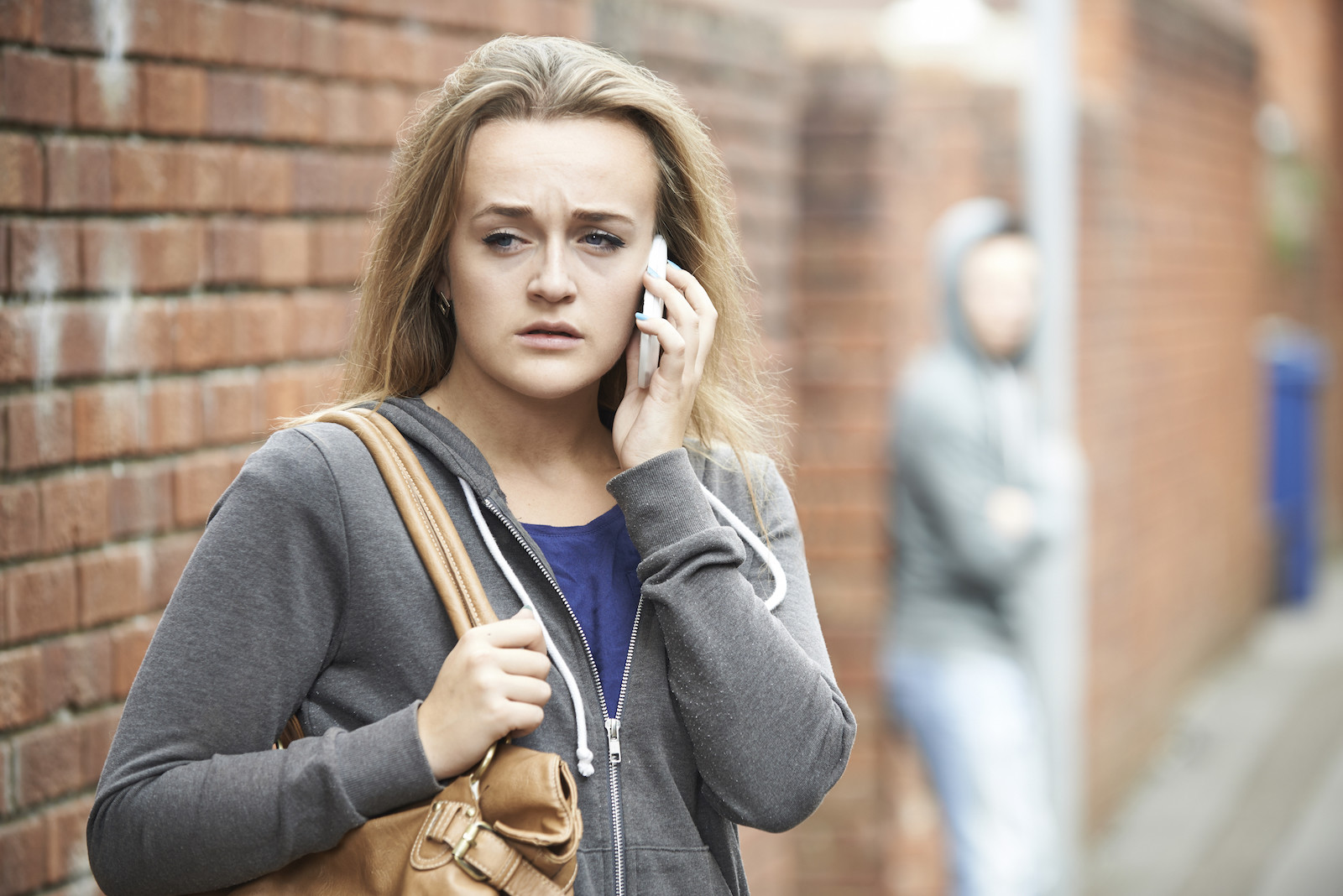Domestic violence is more common in our society than we think. Many times it goes unreported because the person who is being abused believes that there isn’t much that the police or legal system can do to prevent the abuse or is unsure how to access help.
There is a wide range of laws to protect people who are experiencing domestic violence. If you believe you are in a domestic violence situation, it’s important to seek help. At Lees & Givney, our role is to provide advice and support, help you explore your options, and set legal protection in place.
What is Domestic Violence?
The definition of domestic violence covers physical, emotional and psychological abuse. Physical abuse includes:
- Any physical act that is intended to harm another person
- Any physical act that is intended to control another person, regardless if injury results
- Sexual abuse
Emotional or psychological abuse includes:
- Threats, belittling, name-calling, angry outbursts
- Any behaviour that is intended to control a person by manipulating their emotions
- Any behaviour that is intended to control a person by making them feel unsafe or leading them to believe that family, friends or pets are in danger
- Controlling access to finances, medical care, work opportunities and physical necessities
- Isolating a person from family and friends
- Monitoring a person’s movements, social media habits or internet history
- Repeated contact by phone, email or social media without the other person’s consent
- Following a person when the person is out in public
- Using technology to track a person’s location
- Any behaviour that is intended to control, coerce, manipulate or harm another person
What is an Apprehended Violence Order (AVO)?
An Apprehended Violence Order (AVO) puts legal boundaries in place for people who are experiencing domestic violence. There are several types of AVO that deal with different domestic violence situations. They include:
Statutory Domestic Violence Order
Under this type of order, the person must not:
- Live with the protected person
- Approach the protected person at work or other places they frequent
- Harm, harass, molest or annoy the protected person in any way
Discretionary Domestic Violence Orders
Under this order, the person:
- Must not live with the protected person
- Approach the protected person at work, home or other places they frequent
- Must surrender all firearms and firearms licences to the police
- Must not approach or contact the protected person in any way except for purposes agreed in writing, such as access to children or to attend counselling or mediation
- Must not approach places of education or child care frequented by the protected person
- Must not approach the protected person within twelve hours of consuming alcohol or drugs
- Must not damage, destroy or interfere with the protected person’s property
- Must not contact the protected person through a third party. All contact should be made through a legal representative.
AVO Orders By Consent
When a person consents to being placed under an AVO, there is usually no need for the matter to go to court. Under this order:
- There is no legally binding admission of wrongdoing
- Both parties may continue to live under the same roof if they choose
- Protection is put in place should domestic violence occur
How Domestic Violence Affects Parental Rights
Under Family Law, the court assumes that both parties will be involved in making long-term decisions on behalf of their children. Such decisions would include health, education, religious faith and other matters affecting a child’s welfare. This is known as the presumption of shared parental responsibility.
When domestic violence has occurred, the presumption of equal shared parental responsibility no longer applies. In this case, the court will decide on the parenting responsibilities of each party, based on what it believes is best for the child or children.
Domestic Violence and Mediation
Under Family Law, there is a requirement for both parties to attend mediation before the case can go to court. When the matter is a parenting dispute, the parties are required to attend mediation with a family dispute resolution practitioner.
In cases of domestic violence, this requirement is waived. There is no need to attend mediation if the court is satisfied that the relationship has suffered domestic violence.
Reporting Domestic Violence
If you believe that you or someone close to you is in danger of immediate harm, it’s important that you call the police on 000. They can start the process of protection with an AVO and help you to feel safer.
You can also seek counseling, call a domestic violence hotline for support, and obtain legal advice.

Taking the Next Step
At Lees & Givney, we understand that you might be experiencing feelings of uncertainty or may be feeling overwhelmed. Taking the next step is a big decision and one you won’t take lightly.
Our role is to explore the options with you, guide you as you make decisions, help you understand the legal process, and put legal protection in place. If you would like to know more about Apprehended Violence Orders, domestic violence, or your rights as a parent, contact us or phone us on 02 9816 1122.
